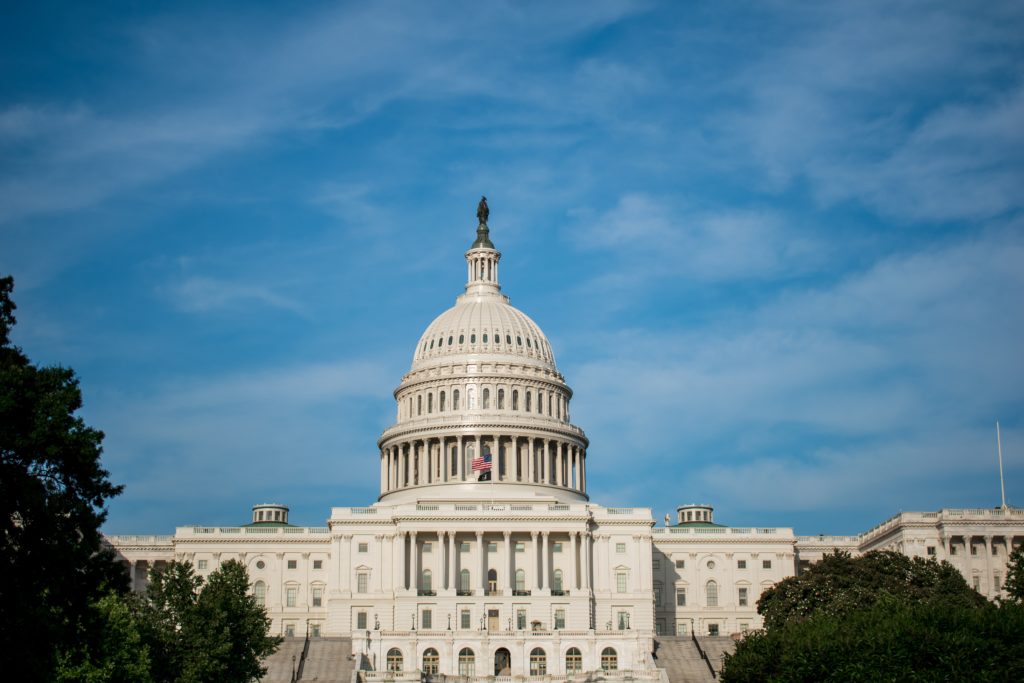
A federal bill cosponsored by Corey Booker (D-NJ) and Mike Lee (R-UT) in the Senate and Mark Pocan (D-WI) in the House would compel Congress to begin the process of regulating kratom on a national level, and protect the kratom industry and consumers against current Food and Drug Administration (FDA) restrictions.
The cosponsors introduced the bill as as S.5316 in the Senate and H.R.9634 in the House on December 20, 2022. Therefore, the bill is officially dead as of the end of 2022, and will need to be re-introduced for the 2023-2024 session.
The “Federal Clarity for Kratom Consumers Act”, would compel Congress to conduct hearings on kratom. The hearings would require input from scientific researchers to consider the number of American kratom consumers, dependence/addiction, deaths, relevance to the use of other drugs, and both adverse and beneficial health impacts. All hearings will be published on the FDA website. There would also be a public comment period.
A “Kratom Research Task Force” will commence with the passage of the bill. The task force will have 90 days to submit an initial report to Congress detailing all ongoing and completed federally-funded kratom research. The task force will subsequently submit quarterly reports for two years, updating Congress on the progress of the research. All reports will be published on the FDA website. The task force will also hold public meetings to receive input from stakeholders.
The bill would also overturn justifications the FDA has been using to seize kratom shipments under its import alert, initiated in 2014 by then head of FDA’s Division of Dietary Supplements, Daniel Fabricant (currently CEO of the largest dietary supplements trade organization, the Natural Products Association. The organization has been vocally in favor of banning kratom on the federal level until recently). The FDA will be restricted from treating “kratom, or any product derived from or containing kratom, as an adulterated dietary supplement”, from regarding kratom as “containing a new dietary ingredient”, and from requiring kratom “to undergo requirements for notification as a new dietary ingredient”.
In barring the FDA from defining kratom itself as an adulterated ingredient, the agency would have to justify its import alert on kratom being adulterated with other drugs or supplements only.
Import alert requirements.—The Secretary may not issue, implement, or enforce an import alert for a kratom or kratom-derived product unless the Secretary determines that there is a history of such kratom or kratom-derived product being adulterated as described in section 402(f)(1)(A) of the Federal Food, Drug, and Cosmetic Act (21 U.S.C. 342(f)(1)(A)), or evidence that such kratom or kratom-derived product is adulterated as described in such section.
The lobbying organization the American Kratom Association (AKA), responsible for placing the bill before Congress, lauded S.5316/H.R.9634 as a “monumental moment for kratom consumers and a significant step towards protecting the rights of millions of Americans”.
“Kratom can be a harm reduction tool for those struggling with opioid dependency across the country – it doesn’t belong in our broken drug scheduling system. This legislation will prevent the criminalization of kratom consumers and distributors while promising scientific research is conducted,” said Rep. Pocan in an AKA press release on the bill.
###
